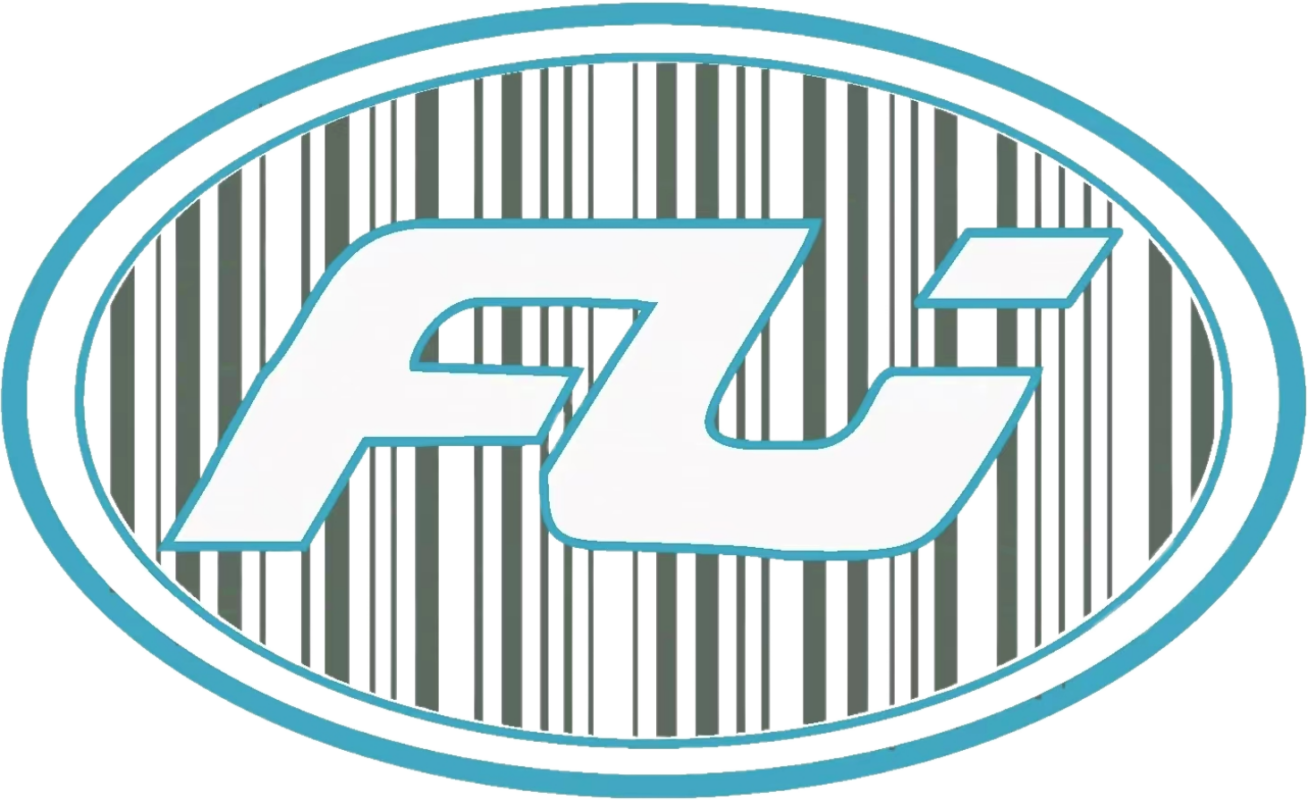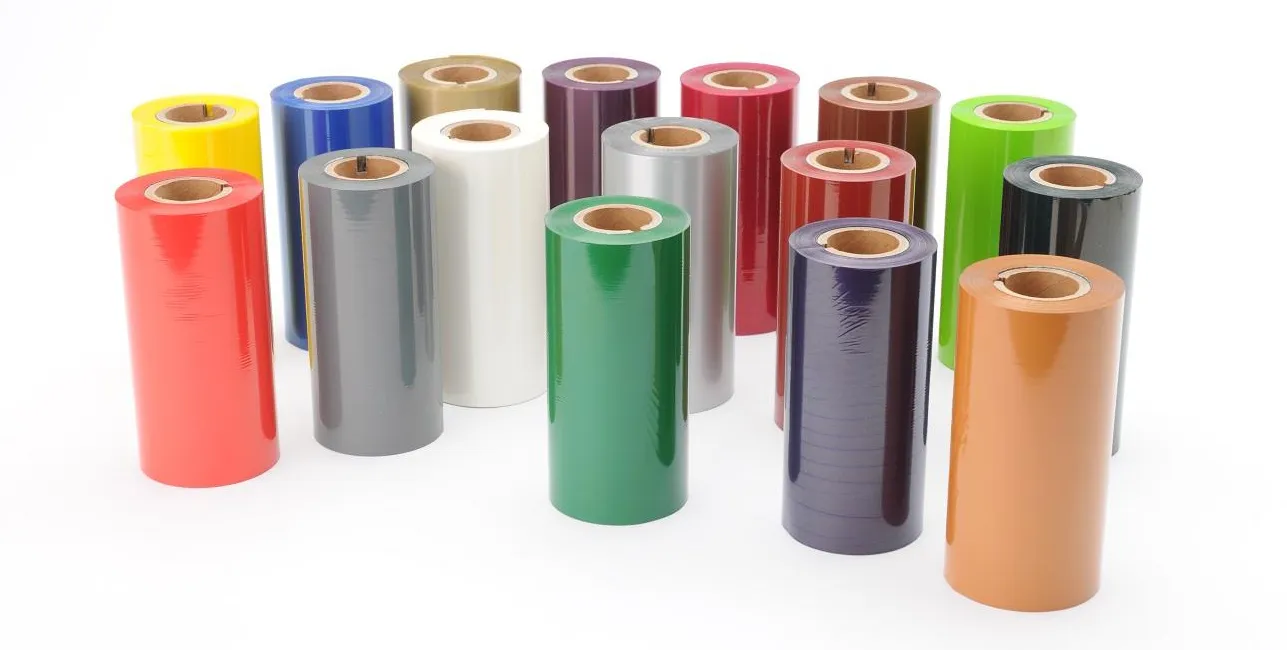Blog
Why Custom Thermal Labels Are Essential for Industrial Applications
The modern industrial environment demands labeling as a crucial element that enables traceability and compliance while enhancing efficiency and brand identity. The demand for reliable labeling solutions increases among distributors, sourcing managers, and industrial buyers. Basic labeling needs can be met with off-the-shelf options but custom thermal labels deliver unmatched performance and precision that generic labeling solutions cannot provide.
The comprehensive article clarifies the critical importance of custom thermal labels as a strategic investment for industrial operations. Our analysis will cover how different use cases alongside materials and printing types as well as customization options establish custom thermal labels as the superior solution for businesses that prioritize efficiency and safety while scaling operations.
What Are Custom Thermal Labels?
Thermal printers use custom adhesive labels that work with direct thermal and thermal transfer systems to fulfill the specific needs of businesses. Custom thermal labels provide personalization options for size, shape, material composition, adhesive power, print coating, layout design, and roll configuration unlike stock labels.
These labels are commonly used in:
- Warehousing and logistics
- Food packaging
- Pharmaceutical labeling
- Automotive part tracking
- Industrial manufacturing
Direct Thermal vs. Thermal Transfer: A Quick Overview
Direct Thermal Labels
- Print using heat-sensitive material
- No ribbon required
- Suitable for short-term labeling (6–12 months)
- Commonly used for shipping, receipts, and logistics
Thermal Transfer Labels
- Require ribbon to print
- More durable and fade-resistant
- Thermal transfer labels endure for extended periods and withstand outdoor elements and chemical exposure.
- Thermal transfer labels prove ideal for compliance labeling purposes as well as asset tracking and harsh environmental conditions.
Why Customization Matters in Industrial Applications
1. Tailored to Equipment and Processes
Distinct labeling requirements must be met by each production line and fulfillment center. Custom thermal labels match your printer hardware and automated applicators through accurate core size selection alongside label orientation and roll diameter specification.
2. Optimized for Adhesion and Surface Type
Plastic, cardboard, metal surfaces and frozen goods demand specific adhesive types. Custom labels let you select:
- Permanent adhesives
- Freezer-grade adhesives
- Removable adhesives
- High-tack options for rough surfaces
3. Enhanced Durability and Longevity
In industrial settings, labels must endure:
- Heat and moisture
- Chemical exposure
- Abrasion from handling
- Outdoor environments
Thermal custom labels feature specific coatings and materials designed to meet industrial challenges directly.
4. Compliance and Regulatory Requirements
The pharmaceutical industry along with chemical and food packaging sectors must follow stringent labeling regulations. Custom labels can include:
- Batch numbers
- Barcodes and QR codes
- Regulatory symbols (GHS, FDA, etc.)
- Variable data for serialization and traceability
5. Brand Consistency and Customer Experience
A uniform label appearance benefits OEMs and white-label manufacturers by increasing brand recognition. Custom thermal labels ensure:
- Accurate logo reproduction
- Consistent font and sizing
- Color-coded SKUs or batch IDs
Use Cases: Where Custom Thermal Labels Excel
Logistics and Fulfillment
- Shipping and tracking labels
- Warehouse bin and rack labels
- Return address and barcode labels
Food and Beverage
- Expiration date and nutrition labels
- Temperature-sensitive packaging
- Custom branding for retail display
Pharmaceuticals
- Lot number and dosage tracking
- Tamper-evident labeling
- GHS and compliance indicators
Manufacturing
- Part and assembly tracking
- Inventory control
- Maintenance and calibration tags
Retail and E-commerce
- Price labels and SKU tags
- Promotions and discount labels
- Return processing identification
Key Features of Custom Thermal Labels
Custom Sizes and Shapes
Your operational requirements might not align with standard label sizes. Custom labels allow flexibility to fit:
- Small vials or parts
- Oversized shipping containers
- Curved or irregular surfaces
Material Selection
Select from multiple face stock material options to find the best fit for your labels.
- Paper (economical, for dry conditions)
- Polypropylene (water-resistant)
- Polyester (chemical- and weather-resistant)
- Synthetic blends (tear-resistant)
Coatings and Finishes
Utilize coatings and finishes to shield labels from smudging and fading caused by environmental conditions.
- Gloss or matte finishes
- Topcoats for extra protection
- UV coatings for outdoor use
Variable Data and Barcodes
Designers can create custom thermal labels with options such as:
- Unique serial numbers
- Variable QR codes
- Dynamic product information
- Integrated tracking systems
Cheap thermal labels are ideal when:
- Products requiring labels typically possess a limited shelf life such as fresh food items or goods for daily delivery.
- Labels are for internal use only
- The expense of labels takes precedence over their durability over time.
- Your standard printers operate with compatible stock sizes.

When Should You Avoid Cheap Thermal Labels?
Avoid using cheap labels if:
- You need weatherproof or outdoor labeling
- You’re labeling chemical containers or regulated products
- Labels must last through long transit cycles
- You want a premium customer-facing appearance
- Your printers require expensive maintenance or react negatively to adhesive residue
Effective strategies for purchasing economical thermal labels involve several key steps.
1. Always Request Samples
Testing labels for adhesive strength and print clarity as well as their resistance to smudging should be done prior to purchasing large quantities.
2. Check Core and Roll Specs
It is essential to check whether labels correspond to your printer model specifications including roll width, core size, and winding direction.
3. Consider Your Labeling Environment
When you need labels for cold humid areas or high-temperature environments they must remain functional under those conditions.
4. Avoid Extremely Low-Bid Vendors
Labels priced suspiciously low usually compromise on quality by using substandard materials. Research suppliers who provide affordable industrial label production while maintaining good reputations and experience.
5. Start with a Small Batch Order
Begin with a limited quantity order before placing substantial bulk orders to ensure label quality. The practice reduces potential risks and enables the assessment of product performance.
The Real Cost Equation: Quality vs. Volume
Premium labels come with upfront costs of 20–30% but they help save money over time due to lower printer maintenance expenses and fewer label replacements and compliance risks. Printers who use cheap thermal labels for short-term projects may find the return on investment (ROI) to be satisfactory.
Supplier Checklist for Bulk Orders
- Can the supplier meet your volume requirements?
- Do the supplier’s core size options work with your printers?
- Are materials and adhesives clearly specified?
- Can they provide RoHS or safety certifications?
- Is custom branding available as an option for low-cost labels?
Conclusion
Cheap thermal printer labels represent an effective option for B2B applications that demand high volume production and short-term use at minimal cost. It is essential to balance initial price reductions with possible additional expenses such as printer degradation or label failures.
Most businesses benefit from working with a dependable manufacturer who can deliver affordable products while maintaining essential performance standards after thorough testing and evaluation.
📩 sales@foyottr.com
📞 Tel: +86-592-6018318
🌐 https://foyottr.com
👉 Contact Us Now to discuss your custom thermal labeling needs.
FAQs
Do inexpensive thermal printer labels pose any risk to my printing devices?
Cheap labels created from substandard liners and adhesives cause damaging residue to printer heads. Always verify specs and test first.
Cheap thermal labels are generally compatible with direct thermal printers and work well with standard printer models but users should verify core size and roll diameter.
A majority of inexpensive thermal labels work with direct thermal printers and standard models but you must confirm core size and roll diameter.
Is it possible to purchase cheap thermal labels that meet my specific size requirements?
Limited customization options are available from some manufacturers when purchasing inexpensive labels. Always request information earlier and confirm any design limitations.
Do cheap thermal labels expire?
Yes. The protective layer of thermal labels wears out as time passes. Cheap thermal labels remain viable for 6 to 12 months when they are stored correctly.
Are there waterproof cheap thermal labels?
Water-resistant cheap thermal labels are rare. When working in moisture-prone environments opt for coated or synthetic material labels although they require a higher investment.

